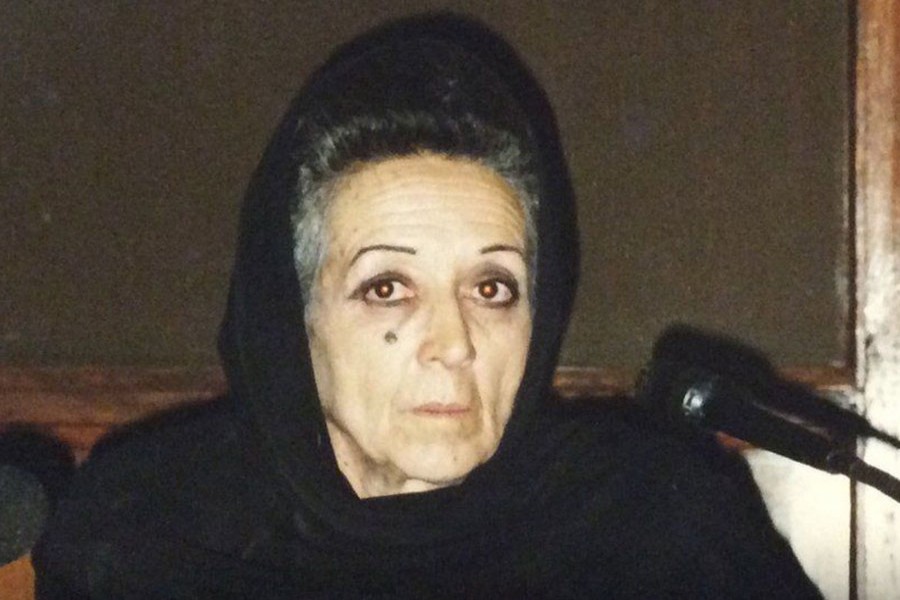Suhaila Siddiq, Afghanistan's only female lieutenant general and one of a small number of women to hold a ministerial post in the country, died in hospital on Friday at the age of 72. She had Alzheimer's disease for about six years.
The country's top leaders, medical professionals and women were among those mourning her death.
Abdullah Abdullah, a former de facto prime minister and foreign minister, said her role in establishing a place for women in the fields of medicine, military and in wider society had been "commendable and undeniable".
"She was a pioneer for countless others in uniform and will continue to be an inspiration," one social media user wrote.
"Your memories and your entire life has been a true inspiration to all of us," another said.
'Defender of rights'
Ms Siddiq was born in 1948 in Afghanistan's capital Kabul to a wealthy family.
She studied medicine in the city and completed her medical training in Moscow before returning to Afghanistan to work as a doctor.
Ms Siddiq first came to prominence during the Soviet era, when she was awarded the title of general by the pro-Moscow government. She soon became widely known in the country by the name "General Suhaila", and built a reputation as the country's most respected surgeon.
Suhaila Siddiq stands with other officials
image captionSuhaila Siddiq was the first female general in Afghanistan
Her work saw her spend decades in Kabul's 400-bed military hospital, where her abdominal surgery was credited with saving hundreds of lives.
She also played a key role in keeping the hospital going in the 1990s, when rocket attacks killed and injured thousands.
In an interview with BBC Pashto last year, her former colleague and student Dr Yaqoob Noorzai said that she would regularly distribute her salary among the workers in need in the hospital.
"She was a serious defender of the rights of her colleagues," he said.
Recalled by the Taliban
When the Taliban took power in 1996, women's rights in Afghanistan were eroded.
During their rule, the Taliban barred women from education and employment and imposed their own austere version of Islamic laws, including stoning to death and flogging.
But months after leaving her job, Ms Siddiq said the Taliban took the extraordinary step of asking her to return, realising they needed her surgical skills.
"They needed me and they asked me to come back," she recalled in an interview with the Guardian newspaper.
She agreed, but only on the condition that she and her sister did not have to wear the all-covering burka.
"It was not exactly a victory for me, but they certainly needed me to be there. Even when I went to Kandahar [the birthplace of the Taliban] I never wore a burka," she told the Guardian.
She was also, however, dismissive of emphasis being placed on the burka.
"The first priority should be given to education, primary school facilities, the economy and reconstruction of the country but the West concentrates on the burka and whether the policies of the Taliban are better or worse than other regimes," she was quoted as telling reporters in late 2001.
'In love with her profession'
After the fall of the Taliban, she made her move into government, when she was appointed minister of public health.
She was one of two women ministers appointed to the country's post-Taliban government.
As minister, she oversaw the vaccination of millions of children against polio, and spoke about the need to tackle HIV and Aids.
She asked the UN to help train female medical workers, and the UN Population Fund to help coordinate efforts to improve the reproductive health of Afghan women.
After finishing her role as minister in 2004, she returned to her medical work.
Dr Noorzai told BBC Pashto that when colleagues used to ask her why she had not married, she said it was because she was "in love with her profession and her profession was her life".


